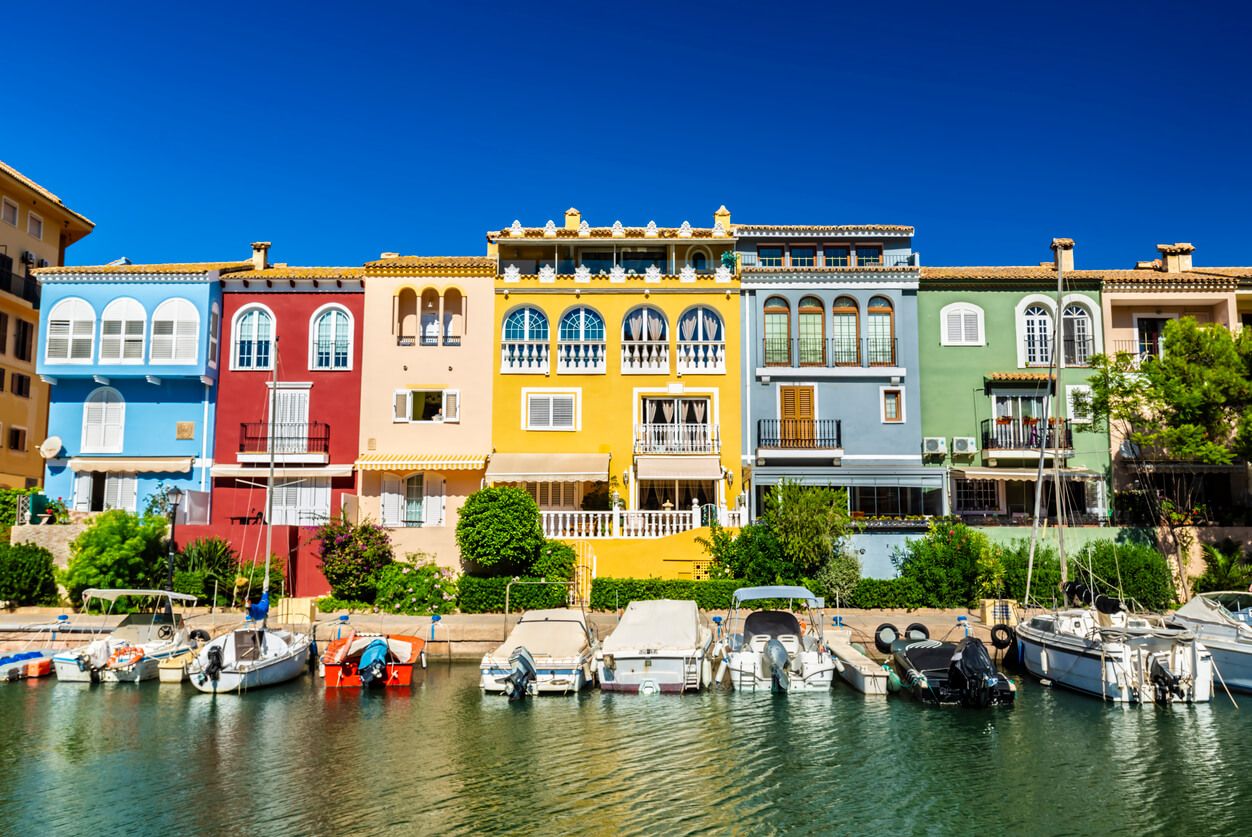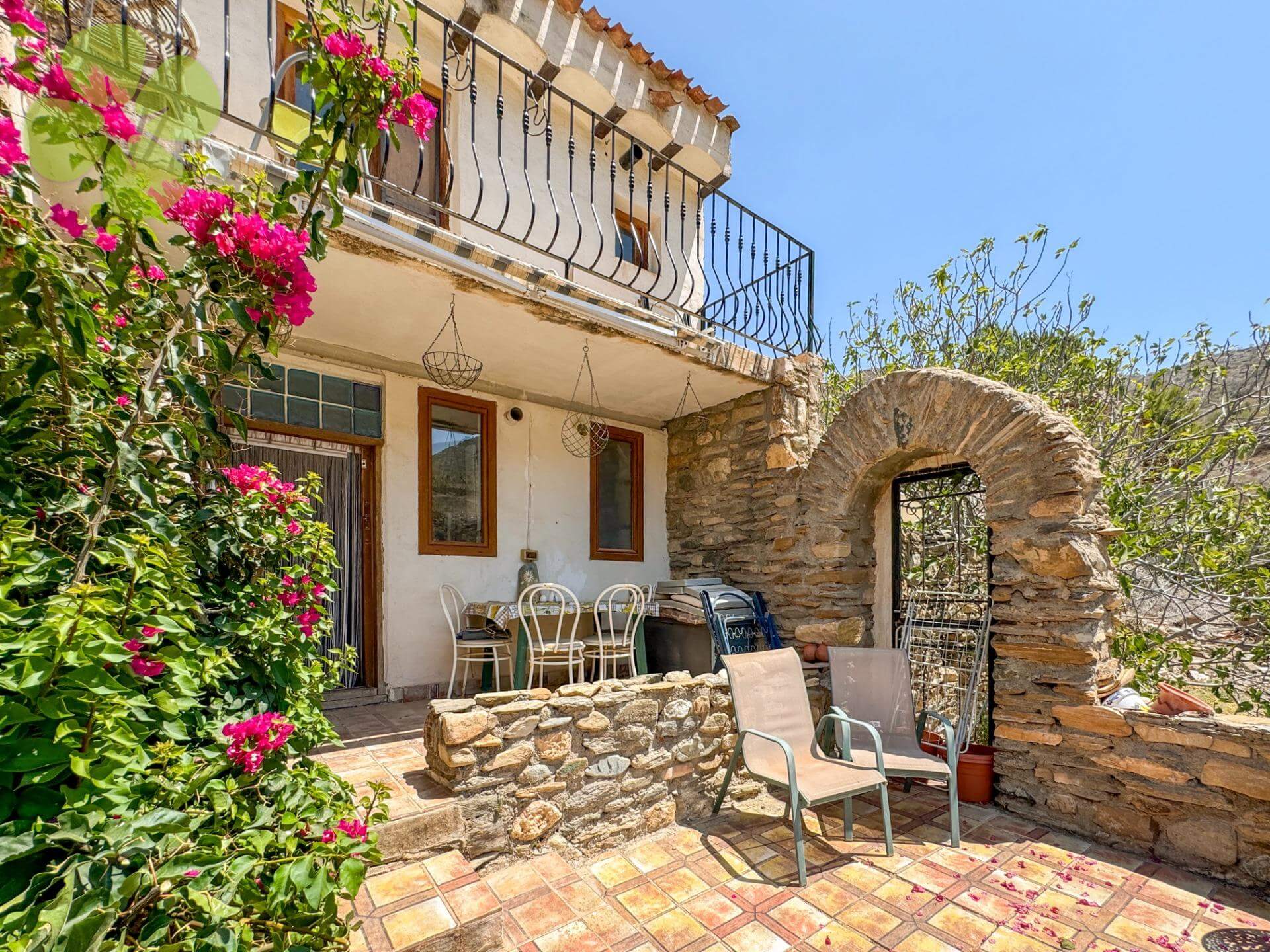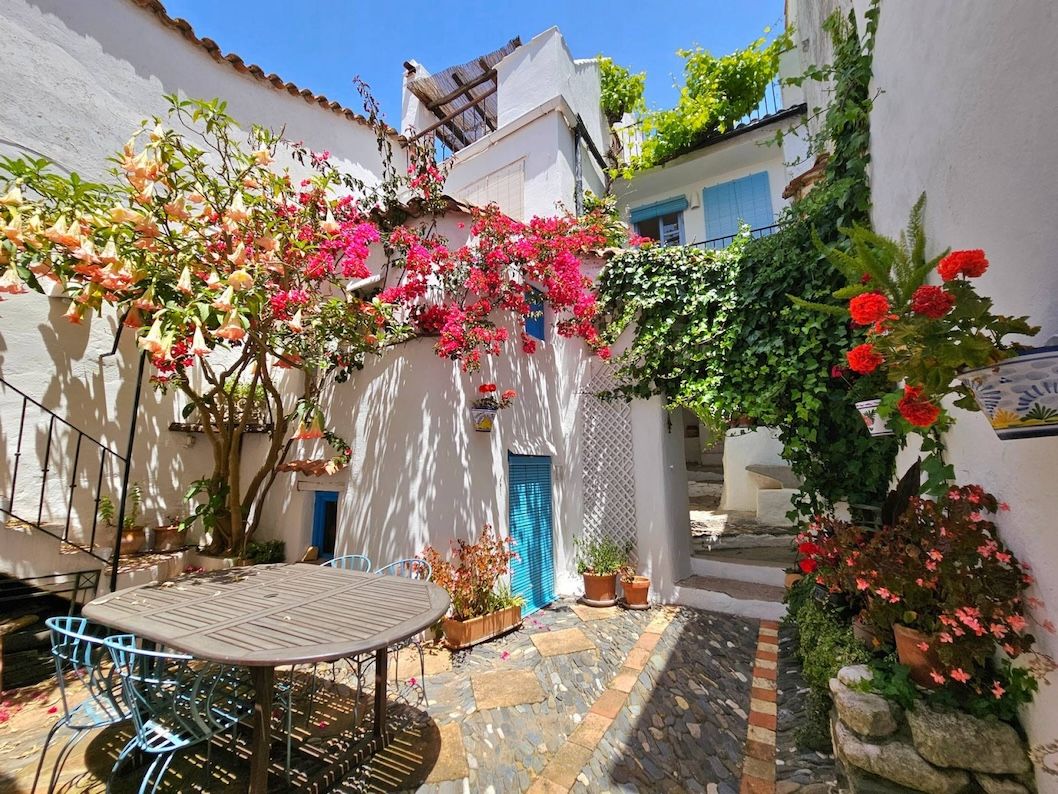🎥 Watch the video below to hear Alex explain the essentials of getting a mortgage in Spain, and his top insider tips.
Dreaming of a little slice of Spain to call your own? Whether it’s a chic city apartment, a sun-baked finca, or the kind of villa that makes your friends turn green on Instagram, a Spanish mortgage might be the key to making it happen. The good news: foreigners can get a mortgage in Spain. The slightly less glamorous news: you’ll need paperwork, deposits, and a decent grasp of the buying process to pull it off smoothly.
In this guide, we’ve teamed up with Alex Radford, English-speaking lawyer at My Lawyer in Spain, to walk you through how to get a mortgage in Spain. Alex’s expert tips are sprinkled throughout, and he’s refreshingly frank about the process.
🎥 Watch the video below to hear Alex explain the essentials of getting a mortgage in Spain, and his top insider tips.
Yes – and according to Alex, your first step should be speaking to a mortgage broker rather than wandering into a bank at random. He says “my best advice would be to talk to an independent mortgage broker. Talk to them before you come out to Spain and start looking at properties.”
A broker will review your finances and tell you how much you can realistically borrow. This means you can set a sensible property search budget before you fall in love with that dreamy €600,000 villa you can’t afford. If you’re still on the fence about borrowing in Spain, here are 10 reasons a Spanish mortgage might be the smart choice.

Alex says non-residents can usually borrow up to 70% of the property price, meaning you’ll need:
In other words, as a non-resident, you should budget for around 40% of the property price upfront.
If you become a Spanish resident for tax purposes, you may be able to borrow slightly more – up to around 80% loan-to-value (LTV). But for most international buyers, 70% is the realistic ceiling.
Example cost breakdown
Let’s say you’ve got your eye on a €250,000 apartment in Valencia:
Total cash needed upfront: €100,000.

This is the part many buyers underestimate. On top of your deposit, you’ll need to cover various legal and administrative costs.
Alex uses Andalucia as an example:
In most regions, you should budget 10–12% of the property price for extra costs. Learn more about Spanish property taxes so there are no nasty surprises. New builds are slightly different because VAT and stamp duty replace transfer tax, and rates vary by region. Read our article how much does it cost to buy a property in Spain to get an idea of the overall cost of your property purchase.


Yes, you can walk into a Spanish bank and ask for a mortgage. But Alex says it’s rarely the best first move: “there’s a lot of high street banks. That’s a lot of walking around to do and submitting financial documents.”
Instead, a mortgage broker:
You can still compare offers, but starting with a broker will usually get you the best-fit mortgage faster.

Spanish lenders love paperwork. To get the ball rolling, you’ll typically need:
Banks will also check your debt-to-income ratio, so be ready to show that your finances can comfortably cover the new mortgage payments.

Here’s how the process usually unfolds for non-resident buyers:
1. Get an NIE (Número de Identidad de Extranjero)
You’ll need this foreign ID number to sign the mortgage deed. Apply in Spain, via a Spanish consulate, or give your lawyer power of attorney to handle it.
2. Open a Spanish bank account
Required for deposits, monthly mortgage payments, and handling the property transaction. Read our guide to opening a Spanish bank account if you’re not sure where to start.
3. Secure a mortgage pre-approval
A broker can arrange an Agreement in Principle, which makes you nearly as attractive as a cash buyer.
4. Submit your financial documents
Expect to hand over income proof, tax returns, debt details, and copies of other assets or property deeds.
5. Bank valuation and approval
The bank orders a valuation by an approved surveyor. Your mortgage amount is based on this valuation, not just the purchase price.
Example: If your €250,000 property is valued at €240,000 and your LTV is 70%, the bank lends €168,000 (70% of €240,000), and you cover the shortfall in cash.
6. Cooling-off and completion
Spanish law requires a 10-day mortgage cooling-off period after you receive the official offer. After that, you can sign with the notary, the bank pays the seller, and you get the keys.
From start to finish, expect the process to take 6–8 weeks – faster if your documents are perfect and the valuation comes in as expected.

Most Spanish mortgages are capital and repayment loans, where each payment reduces both the interest and principal.
- Variable rate mortgages (linked to the 12-month Euribor) are most common and flexible
- Fixed rate mortgages give payment certainty but may limit overpayments
- Interest-only mortgages are rare, usually reserved for very high-value properties or international lenders
If you earn in pounds or dollars, remember that currency swings can affect your payments. A currency buffer or transfer strategy is wise.

Getting a mortgage in Spain isn’t scary – it just requires preparation and the right local support.
“Talk to a mortgage broker first. It’ll save you a lot of time and probably a lot of money too.” – Alex Radford
If you’re serious about buying in Spain, watch the full video above, or if you’re just starting out, our Spain buying guide walks you through the full legal and buying process step by step.” for everything from taxes to residency rules. And when you’re ready, start browsing properties – your Spanish dream home might be closer than you think. Want to know if now’s the right time to buy? Check out our Spanish property market outlook report 2025 for the latest trends and insights.

Next up:
10 reasons why a Spanish mortgage might be the right decision for you when you are buying a property in Spain.
3 comments
Add your voice06 Apr. 2023
What if you don't need a mortgage? What do you need to buy a house in Spain?
06 Apr. 2023
Hi Ingrid, thanks for your question! We have a whole range of resources and advice on buying property in Spain. Please check out this section of our website: https://www.kyero.com/en/advice/spain/buying-in-spain and feel free to download our complete guide to buying in Spain: https://links.kyero.com/guide-to-buying-in-spain. Good luck with your search for your dream property! Please reach out is we can be of assistance.
14 Apr. 2023
Hi I have been told so much conflicting advice. I really don't know where to start. I was told you can never get a mortgage unless you are a citizen and better buying a village house with a mortgage I early don't know what to believe. We want to buy somewhere eventually and we have no uk mortgage but don't want to sell yet. What exactly are our options please?